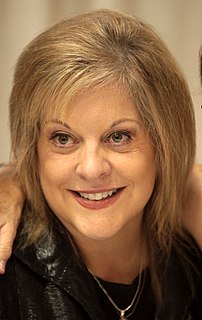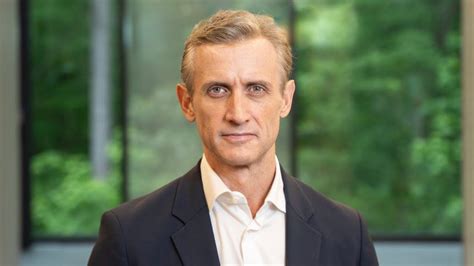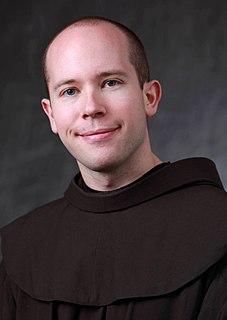A Quote by Maya Wiley
Lifting the veil of secrecy that shrouds police misconduct allegations would seem like an obvious democratic value. After all, if police work for the people, should they not be answerable to the people, as well? This is a basic tenet of good government.
Related Quotes
Most of the things I'm talking about are essential human rights. I don't think it should be political to say that children should be able to have lunch at school when their families can't afford to feed them properly, or to say women should have access to basic health care, or that Muslims deserve equal protection under the law, or police shouldn't be killing black people and getting away with it - it shouldn't be a political thing to say. A lot of people on the right standing behind Christian values should be standing with us, because equality is a basic tenet of Christianity.
Many White people are not sensitive to the kind of abuse that African Americans, especially younger African Americans, receive at the hands of police officers and police departments. I think for most Whites their experience with the police has been good or neutral because they don't interact with the police as much as those in the Black community.
What we have to ask is this: what can we morally expect of and allow to people whom we deploy to fulfill this or that social role :police officer, school teacher, physician? This may sometimes lead to difficult social decisions - e.g. should police be permitted to illegally import drugs as part of a sting operation? In the end, I think "common - that is, critical - morality" should determine the limits of the police role.
No other agency is scrutinized like the police. Everything we do is in a goldfish bowl. We are not the most popular people in society. We do things like use deadly force; we're the bearers of bad news. We're not firefighters, who are viewed as heroic, helping people, with people loving them back. The police have a much more complex and demanding job.
Having wallowed in a delightful orgy of anti-French sentiment, having deplored and applauded the villains themselves, having relished the foibles of bankers, railwaymen, diplomats, and police, the public was now ready to see its faith restored in the basic soundness of banks, railroads, government, and police.
I met a retired police detective. And he said to me that the interesting thing about heatwaves, from a police perspective, is that the number of people who just walk out of their lives when the weather gets unbearable is astronomic. He said the police prepare themselves for it - for a huge rise in the instances of missing persons. People choose to disappear when it's hot. It was fascinating.






























